Take Action

In My Blood It Runs is not just a film, it’s also a campaign for change.
The Arrernte and Garrwa families and communities behind the film have guided a multi-year impact campaign that dovetails our film release.
You can support their solutions by backing their campaign focusing on three main goals: education, juvenile justice and racism.
Education Reform
1. Support a First Nations Education System in Australia
Support Children’s Ground and Utyerre Apanpe’s MK Turner Review, a pathway for reform led by First Nations Educators. Help Australia catch up with other countries (we are 40 years behind!) in the formal creation of a First Nations Led Education System.
Take Action
Donate directly to an Arrernte-led school on Dujuan’s homeland
At the United Nations Dujuan had a simple wish. To attend a school led by, and for, Aboriginal people.
To show your support for First Nations led education donate to Dujuan’s grandmothers. They are the leaders of Children’s Ground and are building their own education model for their kids.
Your donation will support us to establish a school in Dujuan’s homelands, Mpweringke Anapipe, in the Northern Territory. The elders of these lands have been requesting a school be established for many years. Your funding will allow this vision to become a reality.
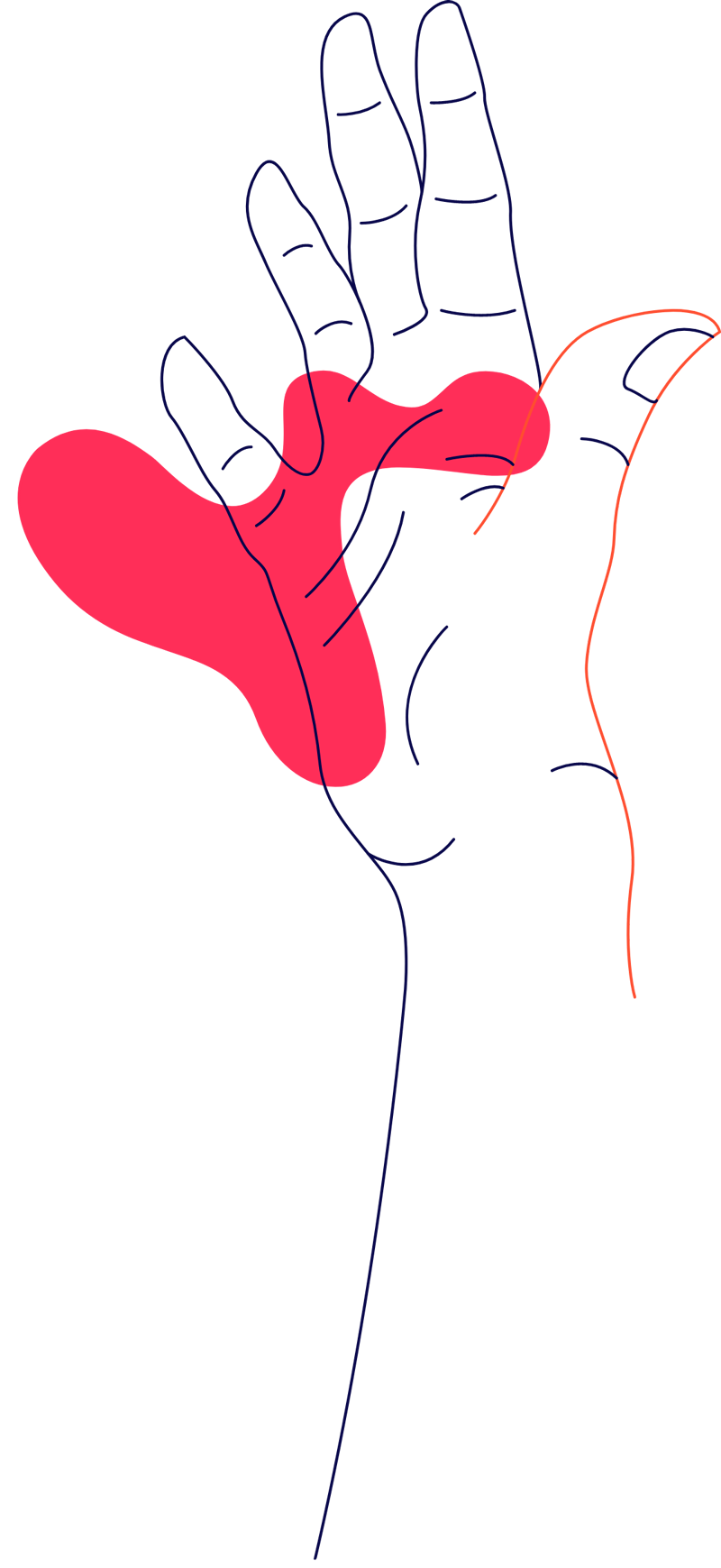
2. Make all Australian schools culturally safe/competent
Children and Communities, teachers and educators, have been calling for a more culturally safe and responsive education system for decades. Teachers and communities want support and training to reform the system and create inclusive classrooms.
Support the campaign to #LearnOurTruth in schools
Learning the true history of colonisation and its impact on our society today should not be optional. Learning history grounds young people in who we are, how we came to be, and, what mistakes we must learn from to create a better future.
The Learn Our Truth campaign will work with school leaders, educators and students to support them to learn about the local history of the Aboriginal and/or Torres Strait Islander land on which they live, and, to teach the Aboriginal and Torres Strait Islander history descriptors in the national curriculum.
NIYEC (National Indigenous Youth Education Coalition) are doing incredible grassroots work to make this a reality – why not become a regular donor?
Take Action
Educators, take the pledge to ensure we #LearnOurTruth in schools
If we are to fight the systemic and social injustices impacting the lives of Aboriginal and Torres Strait Islander People and Communities today, we must first understand our shared past.
For too long, Aboriginal and Torres Strait Islander histories have been left out of classrooms.
NIYEC are calling on educators to pledge to drive this change in classrooms. Join below and you will be supported with resources and community.
“I am making a commitment to learn the true history of this country. I will:
- Read books and news media by Aboriginal and Torres Strait Islander writers.
- Learn about the local history of Aboriginal and/or Torres Strait Islander people on whose land I live.
- Rethink historic events from the perspective of Aboriginal and Torres Strait Islander people.
- Raise awareness with my family and friends about the importance of learning our true history.”
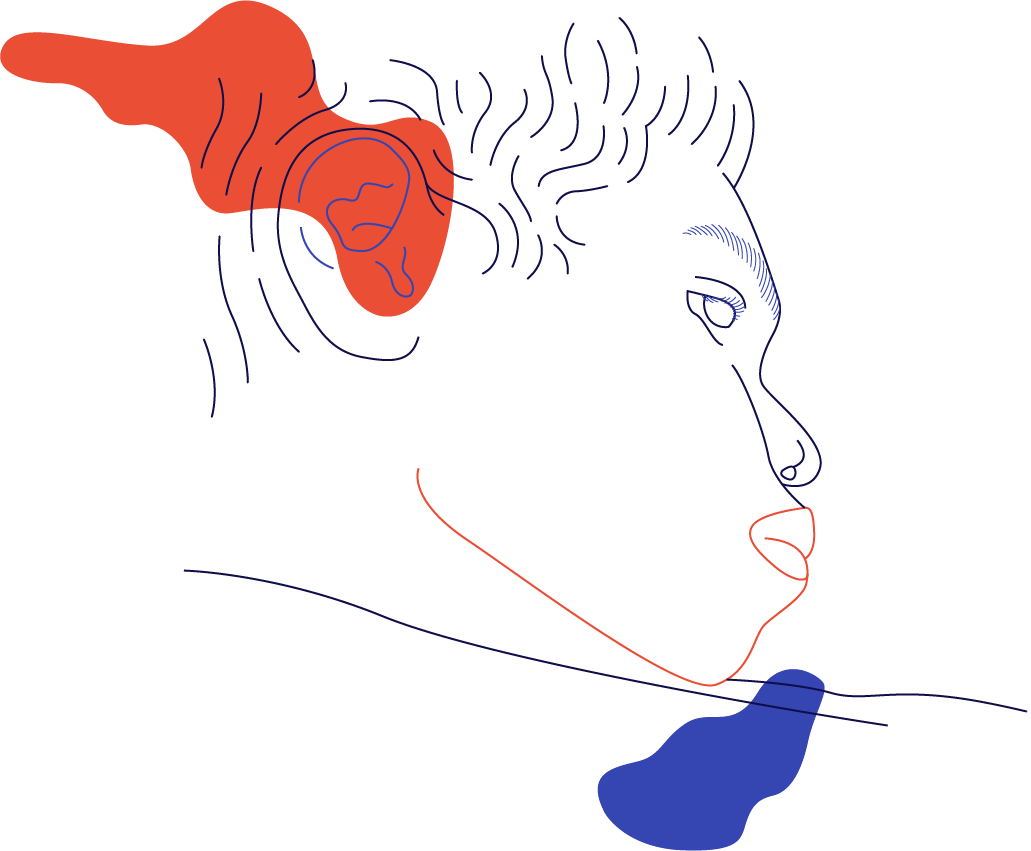
Juvenile Justice Reform
As Dujuan said at the United Nations, “I want adults to stop cruelling 10 year old kids in jail”.
The Arrernte and Garrwa families in In My Blood It Runs want to see systemic change that ‘helps children, not harms them’ and a movement towards rehabilitative approaches to Juvenile Justice. First Nations communities have the solutions. Instead of locking kids up, we should be prioritising community-led and culturally-safe prevention, early intervention and diversionary programs that keep kids safe and families together.
Supporting restorative justice is the big picture goal, but right now we backing the work of First Nations justice partners Change the Record and the associated coalition who are leading work on #RaisingtheAge as our first impact goal.
#RaiseTheAge from 10 yrs to (at least) 14 yrs
In Australia, children as young as 10 years old can be taken out of school and away from their families, and sent to prison. All the evidence tells us that prisons traumatise children and they don’t work. Kids who spend time in prison are more likely to get in further trouble with the criminal justice system – not less.
The United Nations recommends at least 14 years of age, but in Australia we lock children into detention centres at 10 years of age. Let’s change that.
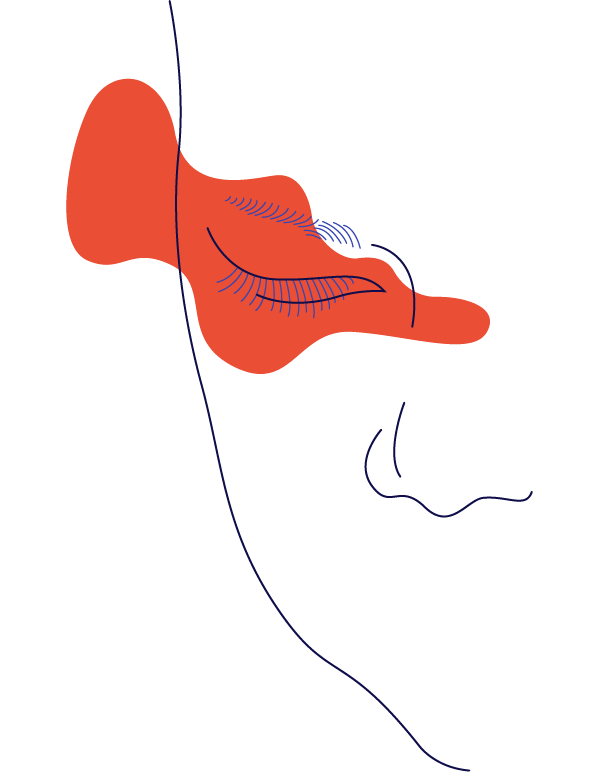
Anti-racism
At the heart of injustice for First Nations Communities is racism, it affects everyone of us and all the systems, structures and organizations that govern our communities. It is something we have inherited from the past and something we need to make sure not to carry into the future.
Taking responsibility for this change is all our responsibility. What can you do, personally and professionally and what can your organisation do?
Take Action
Host a Screening
Host a virtual cinema screening for your networks – friends, workplace, school – and start a conversation about the issues faced by children like Dujuan in Australia. As the host of the event, you can send digital screeners of the film to your group and engage in an online discussion with guest speakers afterwards.
You can also use the film as a fundraiser.
Take Action
Start with yourself
Check out this compilation of resources on anti-racism for non-Indigenous people.
Take Action
Donate directly to the community groups working to change the system
All profits from sales will contribute to an Arrernte-led school being established on Dujuan’s homeland supported by Children’s Ground.
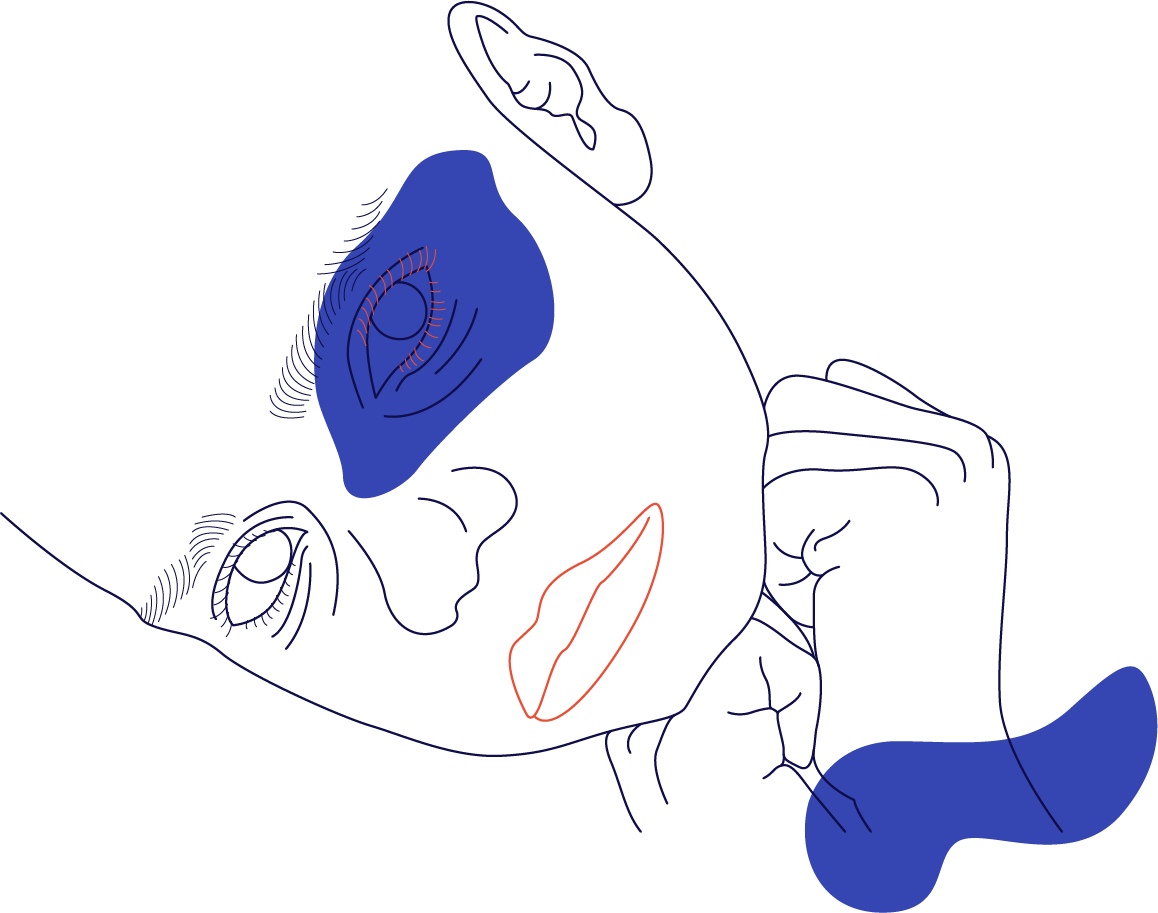
Further Reading
First Nations Led Education
In My Blood It Runs is backing the new Utyerre Apanpe First Nations Educators’ Network, supported by our key partner Children’s Ground. Delegates from a range of Nations are currently participating in a series of forums, aimed at articulating a collective First Nations education system for Australia.
“First Nations educators hold knowledge and practices that have been passed on through generations and since before time…we hold the future for our next generations. We recognise our children as being wonderful and engaged learners. We recognise our systems of teaching and education as leading and best practice. We recognise the importance of families and communities in educating our children. Education must be designed by our communities and delivered in our homelands and our communities by our people. We recognise our responsibilities and the role of our elders and our ancestors.”
– Utyerre Apanpe First Nations Educators Network, October 2019
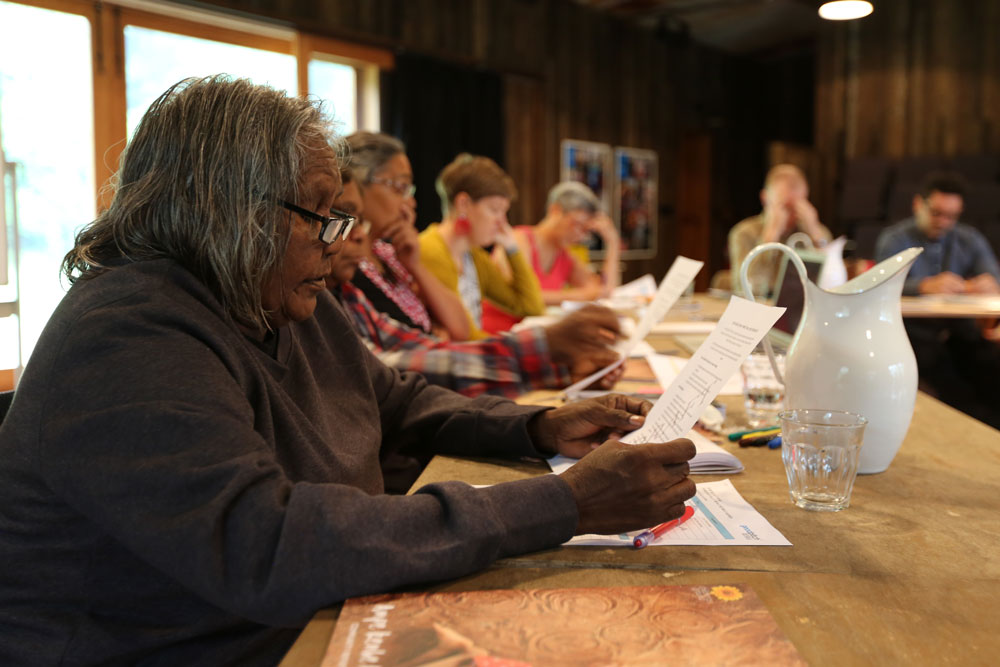
What is a First Nations led Education System?
A First Nations led education system would recognise the oldest Education systems in the world that continue today in First Nations communities. It would see the design of a world-class education approach that privileges language, culture and identity owned and delivered by First Nations people for First Nations children. This system would acknowledge the diversity of First Nations across Australia, maintaining key principles and visions, while creating space for locally-led approaches to education that respect the integrity of varying knowledge systems, country, culture and law. This system will recognise that First Nations people want their children to learn not only in their first culture and language, but to have the full advantages of also learning global languages and knowledge. This system is based on the ability and strength of children and communities.
Why do we need First Nations lead education in Australia?
Currently there is no place in this country where First Nations children can walk into a classroom that privileges their language and culture. Australia has spent 240 years denying First Nations people this basic human right. As we see in the film, First Nations children are sent into culturally unsafe and damaging educational environments. These environments do not reflect their identity, language, family or knowledge-systems and often they deny and diminish the culture and identity of children. Too often children feel like failures and too many drop out of school. In Australia, First Nations children are subject to deficit and remedial approaches in education. Their ability as learners is not respected, understood, nurtured or developed.
There is a deep system of intergenerational learning that exists within First Nations communities: one in which everything is connected – education, health, country, culture, kinship and law. The strength, talent and knowledge-base exists in communities, but is not recognised or respected. While current mainstream policy is directed at providing First Nations children with a ‘step-ladder’ into the bottom rung of a mainstream education system, we know there is a better way. First Nations people have the right to design their own systems in order to create culturally safe environments where children can succeed and love to learn – confident in their own identity and with all the skills to participate in a global world.
What is the evidence to show this works?
Australia is behind the rest of the world. In New Zealand and Hawaii, First Nations education systems have been developed over the last 30 years with kindergarten to university now being taught in first languages and students graduating with international standard outcomes.
Who is leading this movement?
In April 2019 Children’s Ground gathered and connected First Nations Educators from eight different nations. Over three days in Alice Springs First Nations leaders and educators discussed the state of education for First Nations children and the absence of foundational cultural learning in mainstream education.
The forum identified the shared cultural base of learning curriculum and the need to further design and articulate this nationally. First Nations cultural lore and ontology has been a foundation of children’s learning for over 65,000 years. In establishing a First Nations led education system, the delegates want to map First Nations Languages by First Peoples and explain the complex learning and knowledge systems that connect across nations.
The forum agreed it is time to formalise a network to further the rights of First Nations people to a system of education that is designed and delivered by First Nations people. As First Nations educators, participants prepared a statement and invited governments to work with them to determine the future of policy for First Nations led education.
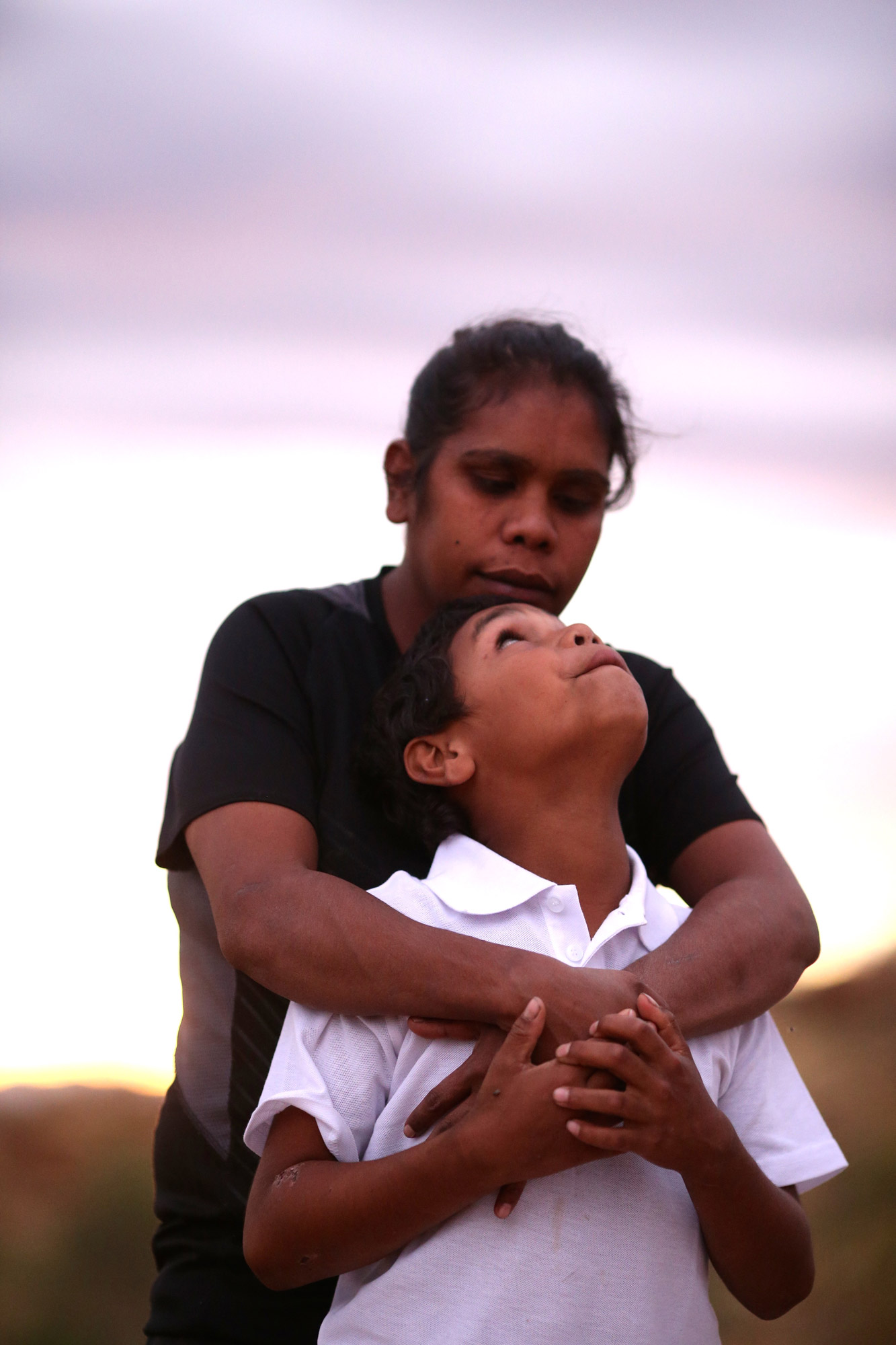
Impact Partners























